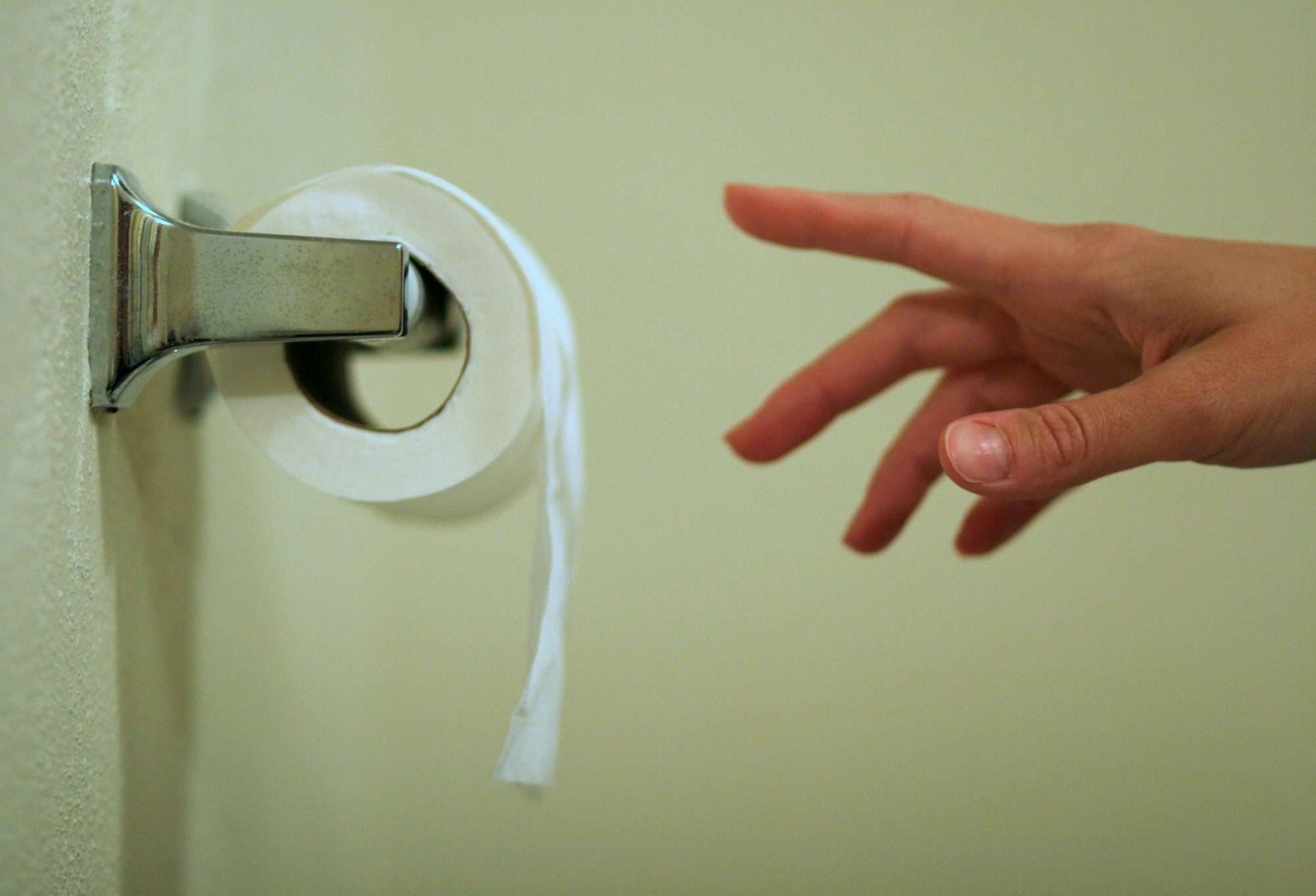Why You Bleed When Pooping

If you finish using the restroom and observe a small amount of bright red to black blood in the toilet bowl, on the toilet paper, or in your stool, you are most likely suffering from rectal bleeding.
Rectal bleeding is most commonly caused by hemorrhoids, however, there are numerous other causes.
Continue reading to learn more about why you can suffer rectal bleeding and what to do if it occurs.
Causes of rectal bleeding
Rectal bleeding can be caused by various factors, ranging from minor to severe. Rectal bleeding is connected with the following conditions:
- Anal or colorectal polyps. Polyps are benign growths that can form anywhere in the body. Polyps in the intestine have the potential to hemorrhage. Polyps are not carcinogenic, but some can develop into cancer over time.
- Anal fissures. Small tears in the anus lining can cause bleeding and pain when passing stools. Tears might form as a result of constipation or after childbirth.
- Angiodysplasia. The intestine develops enlarged blood vessels. They can weaken, break, and bleed.
- Ulcers. When erosion in the digestive tract worsens, an ulcer might occur. If an ulcer is bleeding higher in the gut, black, tarry feces may result, but an ulcer farther down may generate brilliant red blood. This isn't always the case, and your doctor will need to look into it.
- Inflammatory bowel disease (IBD). Ulcerative colitis (UC) and Crohn's disease are examples of this. Rectal discomfort and diarrhea may be accompanied by bleeding.
- Diverticular disease. Diverticula are tiny pouches or bulges in the colon in which blood vessels can deteriorate, rupture, and bleed over time. Diverticulosis is when there are no symptoms, while diverticulitis is when there is inflammation. Diverticular disease refers to both of these conditions.
- Hemorrhoids. These are masses of tissue made up of blood vessels and muscle fibers that are also known as piles. Internal hemorrhoids occur within the body. They are not painful, but they can cause bleeding. They can pass via the anus in some situations.
- Constipation. Constipation caused by hard stool and straining can result in anal fissures and hemorrhoids, which can result in bleeding.
- Colon cancer or anal cancer. Blood vessels are required for tumor growth as they develop. The blood arteries of the colon are weak and prone to tearing, resulting in bleeding. Only 3.4 percent of rectal bleeding instances are caused by colon cancer.
- Bleeding problems. Some disorders can induce bleeding because they impair the blood's capacity to clot. They include vitamin K insufficiency, hemophilia, and thrombocytopenia (low platelet count).
- Upper gastrointestinal (GI) tract damage. Tears or other abnormalities in the stomach or esophagus can cause rectum hemorrhage. Upper GI bleeding is more likely to manifest as black, tarry stools.
- Infections. Intestinal infections or bacterial infections, such as salmonella, can result in bleeding.
Allergic reactions to some foods are among the less prevalent causes of rectal bleeding.
When should you seek medical help?
Severe rectal bleeding can be life-threatening. If you are also suffering any of the following symptoms, go to the emergency room:
- fainting and dizziness
- cold, clammy skin
- severe anal pain
- continuous rectal bleeding
- blood in vomit
- rapid breathing
- confusion
- painful abdominal cramping
- severe nausea
If you have less severe rectal bleeding, such as little blood drips from the rectum, make an appointment with your doctor. Because a small quantity of rectal bleeding can soon become a substantial amount. Receiving early treatment is critical.
Will rectal bleeding go away on its own?
Hemorrhoids are the most common cause of rectal bleeding in middle-aged and older persons. Rectal bleeding will stop in about 95 percent of instances without treatment, but this does not mean the underlying cause has gone away.
According to statistics, only 40% of people with rectal bleeding seek medical attention, but bleeding can also be an indication of a serious ailment, such as cancer, so don't ignore it if it occurs.
Post a comment